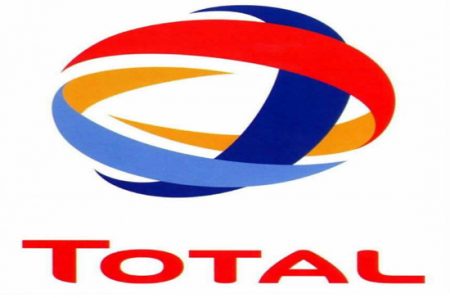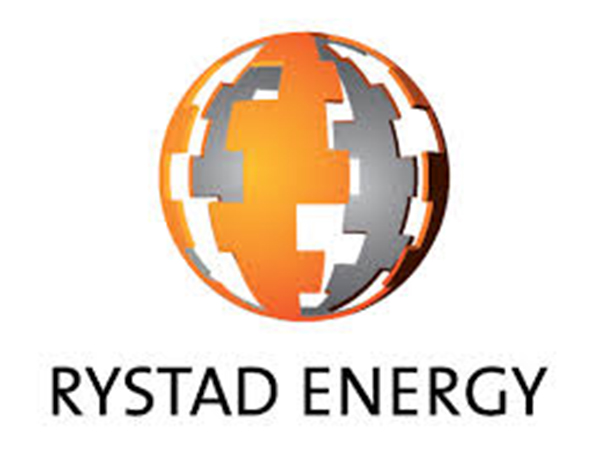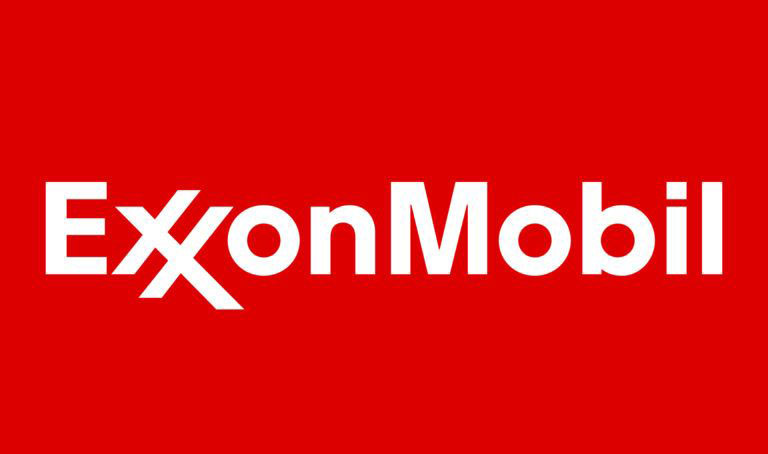Exxon Mobil is among the big players in the global oil and gas exploration and recovery industry that significantly slowed down their respective searches for oil and gas in 2020, as the onset of the novel coronavirus impacted energy prices, triggering sharp cuts in spending by the major oil companies.
Earlier this week the Denver-based energy analysts Oil and Gas 360, reporting on the challenges arising out of the onset of COVID-19 said that acquisitions of new offshore and onshore exploration licences from the top five energy giants in the west “dropped to the lowest in at least five years” based on data produced by the Oslo-based energy consultancy, Rystad Energy.
 The revelation which derives from the Rystad report names ExxonMobil, Royal Dutch, Shell, and Total, as being among
The revelation which derives from the Rystad report names ExxonMobil, Royal Dutch, Shell, and Total, as being among  the big players who were forced to retreat in their exploration licensing pursuits on account of the coronavirus’ onslaught.
the big players who were forced to retreat in their exploration licensing pursuits on account of the coronavirus’ onslaught.
For all this, the United States energy giant, ExxonMobil, which has now become a household name in the Caribbean on account of its oil discovery and recovery exploits offshore Guyana and more recently, its discovery pursuits offshore Suriname, between 2015 and last year, acquired the largest acreage in 2020 amongst the elite group, securing three blocks in Angola, according to Rystad Energy. Total realised the second largest acquisition with two large blocks in in Angola and Oman, respectively.
In proffering an explanation for the reduced acquisitions Rystad Energy analyst Palzor Shenga is quoted as saying that “Acquiring additional leases comes with a cost and it demands some work commitments to be fulfilled. Hence, companies would not want to pile up on additional acreages in their non-core areas of operations.”
Acquiring exploration acreage means companies can search for oil and gas. If new resources are discovered in sufficient volumes, the companies need to decide whether to develop them, a costly process that can take years.
As a result, the drop in exploration activity could lead to a supply gap in the second half of the decade, analysts said.
Analysts of the industry are unlikely to regard ExxonMobil as being particularly discommoded by this development since the company is likely to have its hands filled with oil recovery pursuits offshore Guyana and Suriname in the immediate future.








